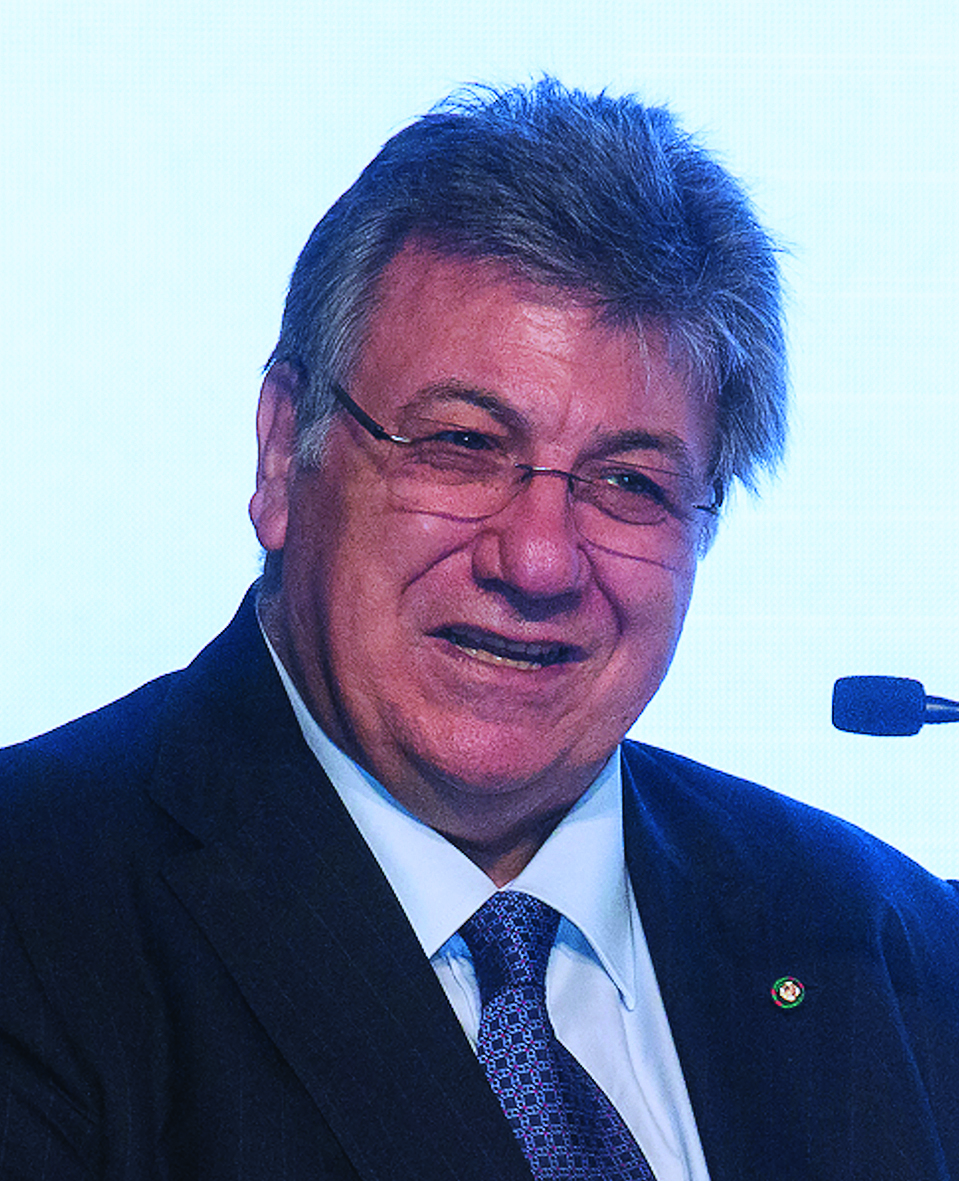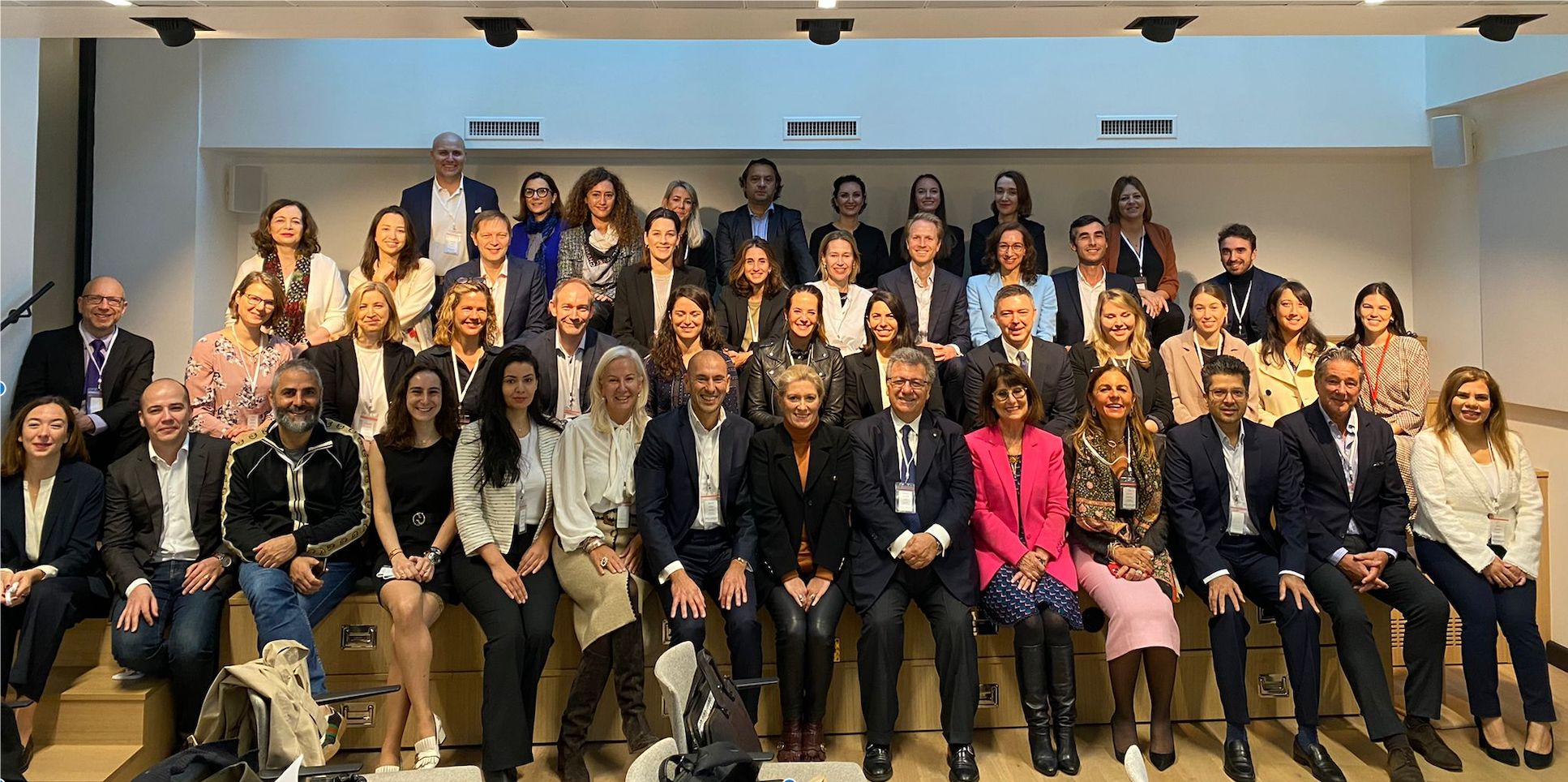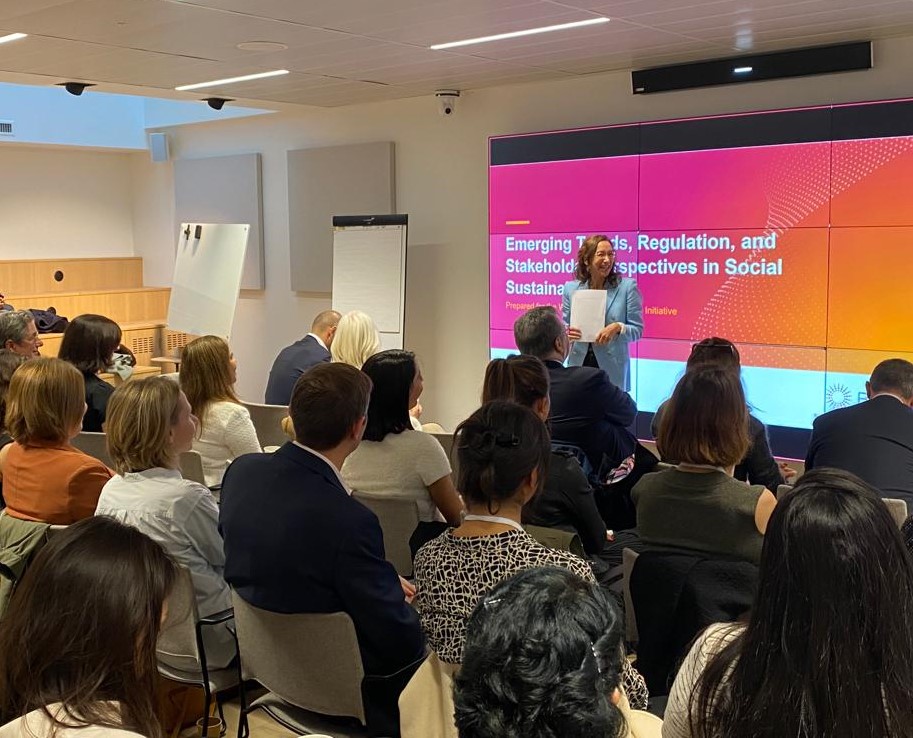By Tiffany Stevens, Esq., CEO & General Counsel and Sara E. Yood, Esq., Deputy General Counsel, Jewelers Vigilance Committee
The United States of America’s regulatory system can provide deep insight into the issues that are a priority for both the presidential administration and Congress. Various federal agencies are tasked by the President to implement laws passed by Congress and to ensure that the administration’s efforts across the country and worldwide are achievable. Over the past year, three areas have specifically stood out as priorities that are relevant for the jewelry and watch industries: sanctions, anti-money laundering compliance, and sustainability claims in advertising. These three major areas of development will continue to be incredibly important in 2023 even with a divided Congress.
The U.S. sanctions on the Russian Federation and Alrosa – a Russian government-controlled entity — came swiftly after Russia’s unjustified invasion of Ukraine in February 2022. At first, the Treasury Department simply restricted Alrosa’s ability to access credit and placed its CEO on the Office of Foreign Assets Control’s Specially-Designated Nationals (SDN) list, a list of entities and people with whom U.S. businesses are prevented from transacting. As the war progressed in March, President Biden issued an executive order banning direct import of rough and polished diamonds from the Russian Federation to the U.S.; in April, Treasury added Alrosa itself to the SDN list, effectively prohibiting all further transactions between U.S. companies and Alrosa. The U.S. government’s aim was to restrict U.S. money from funding the war in Ukraine, and although these restrictions seem directly aimed at the jewelry industry, they are simply one part of a multi-governmental and multi-sector strategy to keep the Russian Federation from using foreign money to fund their war.
Much has been discussed in the industry about the fact that Russian diamonds cut and polished in another country are considered a product of the second country under a U.S. Customs rule and are therefore not blocked from import and sale in the U.S. Although it is true that this is a significant pathway for Russian diamonds to be sold in the U.S., the government officials who work on these issues are being careful to ensure that maximum damage to Russia’s fundraising is done without fully preventing U.S. businesses from operating as normally as possible. It is difficult to unwind sanctions generally, and in this situation with the war ongoing, it is highly likely that the U.S. will be operating with these restrictions for a long time.
Anti-money laundering issues remain a high priority as it is one of the primary ways the U.S. government can use existing laws (the Bank Secrecy Act of 1970 and the PATRIOT Act of 2001) to ensure that certain types of U.S. companies (including precious metals, gems and jewelry dealers) fully evaluate and identify their business partners. A healthy AML program would account for the issues with the Russian Federation described above and provide a roadmap for U.S. businesses in how to proceed. In December 2020, Congress passed a law adding antiquities dealers to the list of industries required to have an AML program, and also included a requirement for U.S. companies to list beneficial owners in a national registry. This was based on guidance from the Financial Action Task Force, which emphasized that shell companies can be used to disguise the pathways of money laundering and terrorist financing. Registration will be required of U.S. companies beginning January 1, 2024.
Finally, the Federal Trade Commission (FTC) announced that it will begin its revision of the Green Guides – guidelines for making green and eco-friendly claims – in 2022. While the process has not yet begun, JVC expects the FTC to issue its first request for comments before December 31, 2022. Once issued, the public will have 30 days to respond to the FTC’s initial set of questions and JVC plans to coordinate the industry’s response. The Green Guides provide marketers with guidance to make claims, but the last revision in 2012 left out any definitions for “sustainable” or “responsibly sourced”, leaving marketers free to use that terminology without data or meaning attached. While the outcome of the revision will be essential, these Guides apply across industries, meaning that the jewelry and watch industries must unite to ensure their special perspectives are heard. JVC plans to coordinate the industry response to the FTC to ensure the unique jewelry perspective is heard and valued in the revision process.
Anyone in the industry with comments or data about eco-friendly and green claims is welcome to participate in the process; JVC will be sure to send alerts and invitations to our working groups in the industry when the comment period begins. This process can take years to finish, so we hope everyone will stay engaged to ensure this terminology is actually meaningful going forward.
The Jewelers Vigilance Committee is a non-profit trade association in the United States that provides legal and compliance guidance to the entire jewelry and watch supply chains. JVC members pledge to uphold the ethics and compliance practices of the industry. Learn more and apply for membership at www.jvclegal.org.









